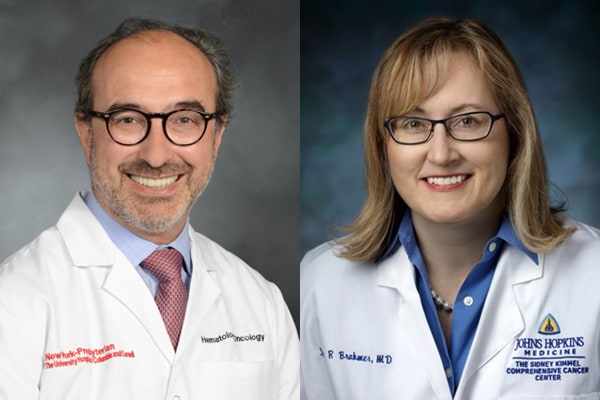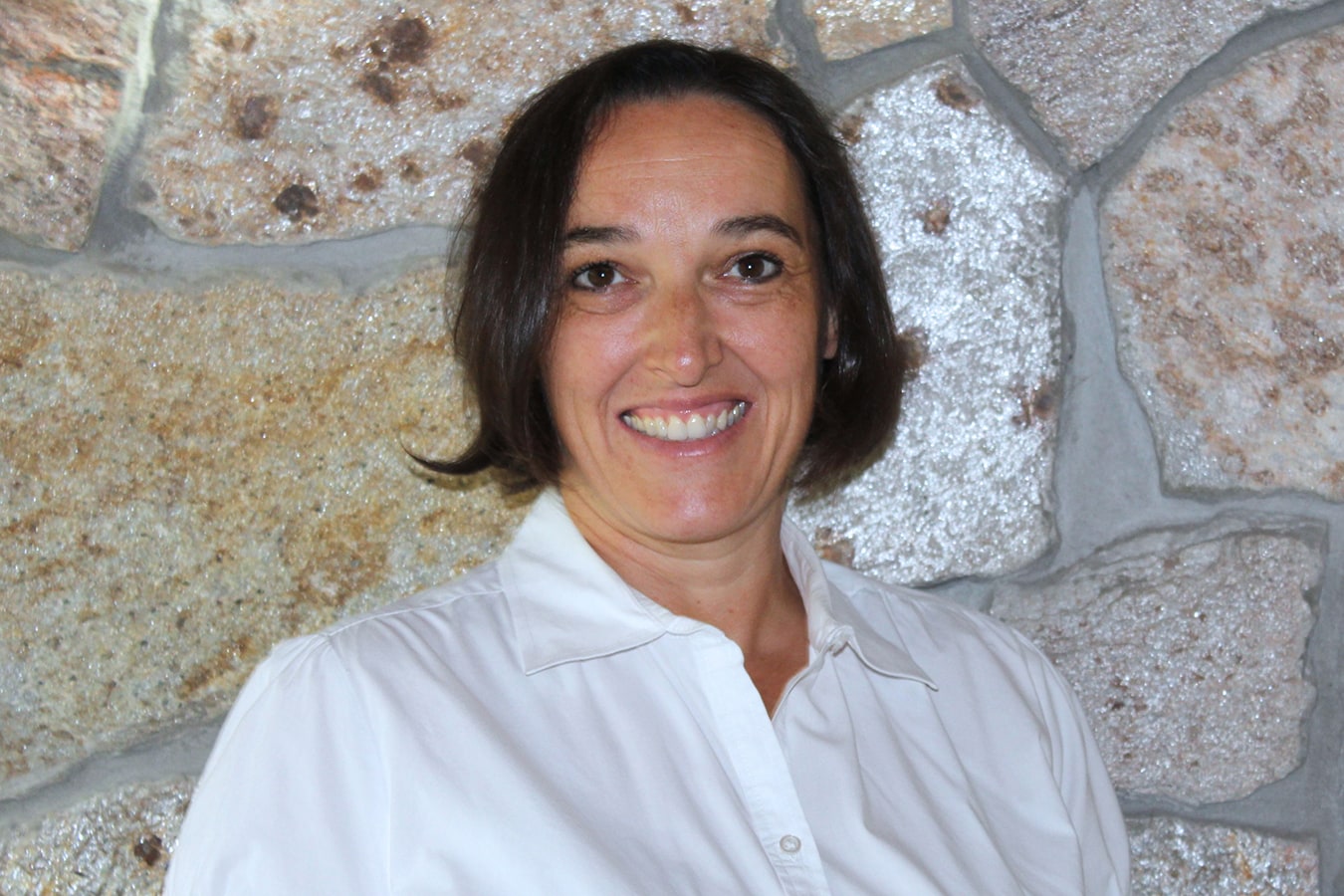

Thanks to the efforts of the AACR Annual Meeting Clinical Trials Committee—led by cochairs Manuel Hidalgo, MD, PhD (near right), and Julie R. Brahmer, MD, MSc (far right)—the April virtual meeting showcased the latest advances in cancer care and treatment. A total of 173 clinical trials were presented at the meeting, including 38 oral presentations in plenary sessions and minisymposia. The highlight of this slate of oral presentations was the Phase III Clinical Trials Plenary Session. Dedicated to the memory of AACR Past President José Baselga, MD, PhD, FAACR, this session reflected his commitment to innovative cancer science and to the patients that benefit from it:

While the breadth of practice-changing clinical studies presented demonstrates the expanding translational focus of the Annual Meeting, the meeting continues to be the premier forum for the discovery cancer science that drives those breakthroughs. The critical value of basic science was highlighted in a special Discovery Science Plenary Session, “Mechanisms, Impact, and Exploitation of Cancer Chromosomal Instability.” Chaired by Zuzana Storchová, PhD, the session was dedicated to the memory of Angelika Amon, PhD (right), the renowned cell biologist who pioneered research on chromosome imbalance. Starting with the premise that chromosomal instability is observed in about 80 percent of human tumors and that mitotic aberrations and chromosomal instability are hallmarks of cancer, the session addressed the question of whether chromosomal instability could be used as a target for novel therapies.

Under the leadership of chair Roger S. Lo, MD, PhD, the AACR Education Committee developed a comprehensive educational program for the Annual Meeting, organizing more than 50 educational sessions and methods workshops. Topics included drugging undruggable targets, the health economics of cancer screening, exploiting DNA damage repair deficiencies in cancer treatment, and improving the reproducibility of research data.
As the focal point of the cancer research community, the AACR Annual Meeting provided the perfect forum for the director of the National Cancer Institute to outline his vision for continued progress against cancer. Following the Opening Plenary Session, Norman E. Sharpless, MD, FAACR, noted that despite a projected 10,000 additional cancer deaths over the next ten years as a result of delays in screening and treatment caused by the COVID-19 pandemic, cancer mortality continues to decline since its peak in the 1990s. This decline has been driven by remarkable progress in drug development, as evidenced by the more than 80 new therapeutics approved by the FDA since 2017.
Dr. Sharpless identified three approaches to accelerating the pace of that progress against cancer. First, he proposed the development of a large national trial of liquid biopsies for the early detection of cancers, in order to evaluate their effectiveness at an appropriate statistical power. Second, he recommended the launch of government-sponsored clinical trials that include underserved populations, to ensure that the benefits of progress are distributed more equitably. Finally, noting the rapid development of the COVID-19 vaccines, Dr. Sharpless called for a new commitment to accelerating drug discovery through the use of technologies such as machine learning and data science. However, while he emphasized the importance of funding and technology, Dr. Sharpless noted that the members of the cancer community—and the Annual Meeting that brings them together—are the key drivers of progress:
— Norman E. Sharpless, MD, FAACR